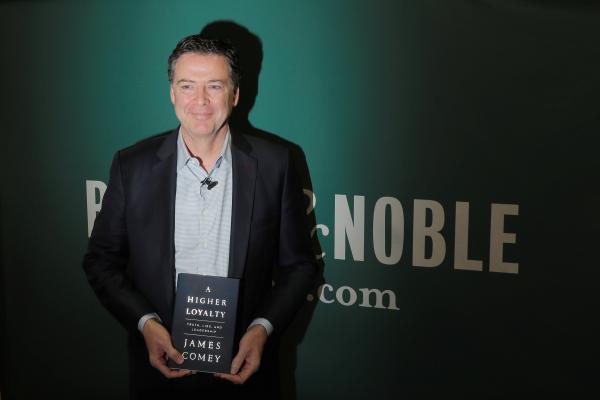Apr 24, 2018
While we humans strive to make the world a better place, and while we must, in Jesus’s words, look first for the mote in our own eye, we will not always succeed. We cannot always escape the worst parts of ourselves.
Read the Full Article

Already a subscriber? Login
